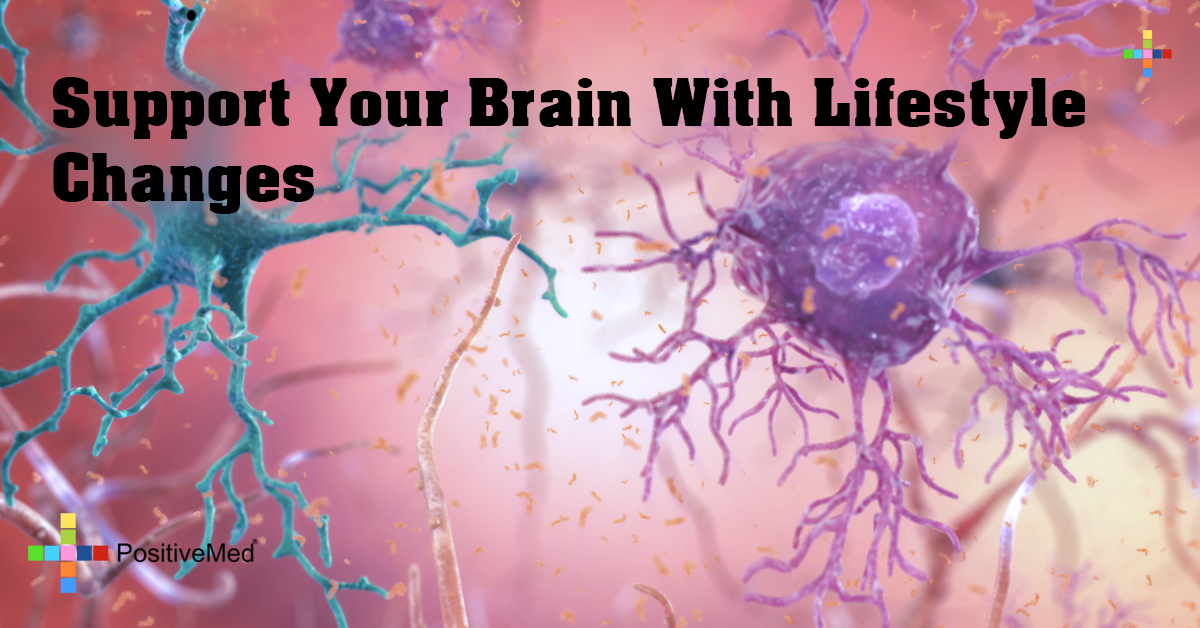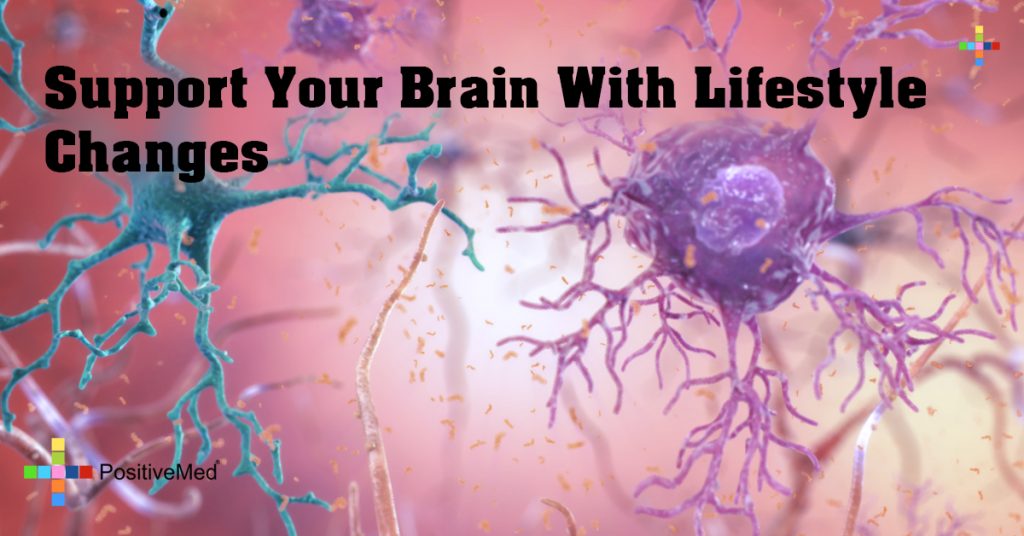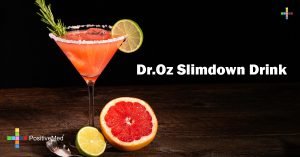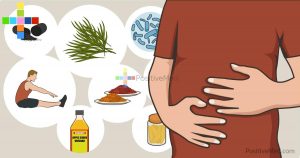
We live in a time where issues of the brain are becoming more and more prominent. Part of this is due to the fact that research is giving us more and more insight into brain function. The second piece is that we know more and more about the various factors that a healthy brain plays in your quality of life.
As a result, we are beginning to realize there is such a thing as living a lifestyle that is healthy for your brain. In fact, living a brain-healthy lifestyle is one of the best things you can do to minimize conditions like Alzheimer’s and dementia later in life. In a time where it is estimated that one new case of dementia is detected every four seconds globally, this insight is key. Starting now can make a big difference later. Where does this begin? It’s a multi-step process, but the good news is that it’s something that you can get started on right away.
Body And Mind—Closer Than You Think
Many people think that the activities you need to improve your brain power are sedentary, and while there’s no harm in reading a good book, don’t neglect the relationship between a healthy body and a healthy mind. One study has shown that regular aerobic exercise appears to boost the size of the hippocampus. This part of the brain is associated with verbal memory and learning. One thing to note is that it was strictly aerobic exercise, the type that gets your heart pumping that had this effect. Resistance training, balance and muscle toning exercises did not have the same results.
So how does this work out? As it turns out, getting regular exercise has both indirect and direct benefits for the brain. Directly, exercise can help reduce insulin resistance and inflammation, as well as stimulate the release of growth factors. Growth factors are chemicals in the brain that play a variety of roles. These include the health of brain cells, the growth of new blood vessels in the brain, and even the amount of new brain cells generated. As far as the intensity of the exercise you undergo, as a starting point, the study participants walked briskly for one hour, twice a week. This makes 120 minutes of moderate activity exercise. The standard is 150 a week, but if this sounds a bit too much, don’t give up. Just start a few minutes a week, then add on a few minutes each time until you hit that magic number.
Brain Food—Not A Myth
The brain requires a diverse set of nutrients in order to perform its general functions. A lot of making sure it gets those nutrients to come from your dietary choices. Unfortunately, a lot of these come in areas that people are missing, and one of the chief examples is healthy fats. Many of us have been conditioned to fear the word fat, but there are both good and bad fats. Good fats are essential to many bodily functions. If you’re looking for some ways to get good fats in your diet, consider replacing those salty or sweet snacks with some nuts. Try cooking with olive oil and incorporating it in your dishes in other ways. When you’re looking for that protein, focus on fish, with plenty of useful omega-3s.
The same applies to certain vitamins, one of them being Vitamin E. Dark green leafy vegetables (spinach, kale, broccoli) are among the best ways to ensure that you get the most Vitamin E possible during your meals. This is due to the sheer amount of the vitamin each serving has. One cup of raw spinach has 15% of your daily intake of vitamin E, and 1/2 a cup of cooked spinach has 25% of your daily intake.
Better Living Through Training?
On top of physical exercise being key, you want to make sure your brain is being worked out as well. This is due to something called cognitive reserve. Cognitive reserve allows your brain to withstand the neurological damage that comes with aging and other factors. However, it needs help to do so. As a start, if you’re looking to try and use some expensive brain-teasing software, reconsider. This isn’t to say that they may not help you, but there’s no evidence that they’re any better than many other strategies you can do for free.
As a start, just start thinking of different ways to do things that you do in your everyday life. This can range from driving a new way from work to using your non-dominant hand for activities like brushing your teeth. At first, this sounds silly, but novelty is a major part of brain support. When you do something new, the brain creates new pathways in order to handle the new data. If you want to take this to the next level, consider picking up a new hobby or learning a new language. As you learn, you are literally improving your brain.
The second component of these exercises is challenging. That sudoku puzzle or crossword is actually handier than you may think. However, there are other options if you want to do things on the fly. For one, try doing a math problem in your head, no pen, no paper, no calculator. Another option is making up a list in your mind. It can be your groceries, your favorite movies, anything. Try waiting an hour and recalling it from memory. A lot of these things may seem silly on paper, but things planted in the real world are great because they involve more of your senses. The brain thrives on associations, and this puts those into play. Combine all these options together, and you can slowly work towards improved brain function and protecting against the effects of aging.







